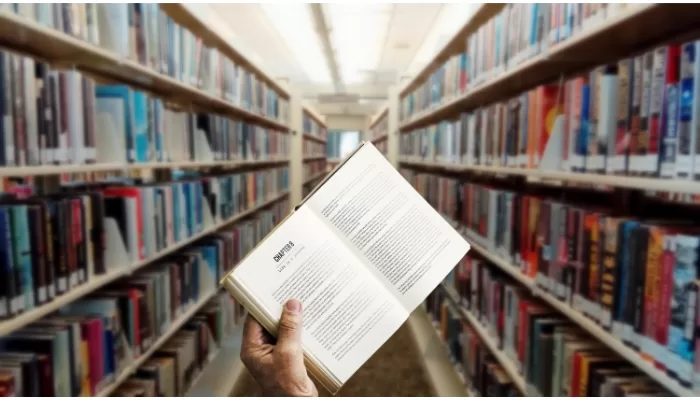The Ongoing Battle Against Book Banning: The Essential Role of Librarians

- Book banning endures despite the availability of knowledge, having a huge impact on education and intellectual freedom, with librarians serving as advocates.
- Librarians face problems such as community pressure, legal disputes, and limited resources while they combat censorship through techniques such as community education and collaboration.
- Library education has evolved to include instruction on legal protection and advocacy for diverse collections, allowing librarians to defend the freedom to read.
In today’s digital age, where knowledge is readily available, it may surprise you that book banning is still a major issue. This practice, which is frequently motivated by political, religious, or societal considerations, has major implications for education and intellectual freedom, particularly for librarians—the gatekeepers of our literary history.
The Changing Role of Librarians
Historically, librarians have been seen as impartial facilitators who provide access to a diverse range of materials without personal bias. However, the rise of book-banning campaigns has turned their roles into those of intellectual freedom and critical thought. Librarians are increasingly expected to engage in open discourse with their communities and advocate for the right to access varied literary ideas.
The Impact on Education
Campaigns to suppress books can have far-reaching consequences for education. When titles are taken off library shelves, students lose access to a diverse range of perspectives, historical views, and literary experiences. This loss can significantly limit their grasp of the world, discourage critical thinking, and impede intellectual development. Librarians, who are also educators, play an important role in promoting reading and cultivating a love of learning. By advocating for forbidden literature, they help to build a more informed and involved society.
Faced with Challenges
When challenged with book-banning initiatives, librarians have several challenges.
- Community Pressure: Certain organisations frequently demand that librarians remove publications that they believe are insulting or unsuitable.
- Legal Issues: Some librarians are entangled in legal conflicts over their right to offer controversial literature.
- Limited Resources: Many librarians face a lack of resources, including legal assistance and public activism.
Strategy for Advocacy
To address these difficulties, librarians might use a variety of strategies:
- Community Education: By encouraging open debates and sharing information about the value of intellectual freedom, librarians can dispel myths and gain support for various reading materials.
- Collaborative Efforts: Working with organisations such as the American Library Association and local civil liberties groups can give valuable resources and support.
- Utilising Digital Platforms: Technology can be used to promote banned publications, provide alternative information sources, and connect with people who have similar viewpoints.
Defending Intellectual Freedom
Book bans are not a new phenomenon. Its origins in the United States can be traced back to 1637 when Puritans condemned a book by William Pynchon as heretical. Throughout history, there have been some who support intellectual freedom. Today, librarians are on the front lines of this continuous war, frequently subjected to harassment and threats because of their dedication to preserving the right to read.
The current wave of book bans and challenges is the most severe since the McCarthy era when public book burnings were commonplace. As censorship campaigns gain pace, librarians are standing up to defend readers and writers. They argue that books act as “mirrors, windows, and sliding glass doors,” allowing readers to learn about themselves and others while also instilling empathy for other perspectives.
Evolution of Library Education
The struggle against book banning is changing the education of future librarians. Library courses are evolving to meet current issues. Students are increasingly being taught not only about book choices and community service but also how to physically and legally protect themselves and their schools. The emphasis is on preparing for contentious circumstances, communicating the value of different collections, and even contemplating professional liability insurance in the event of a lawsuit involving challenged materials.
Despite mounting dangers and obstacles, librarians remain committed to serving their communities. Their commitment to offering access to a diverse assortment of literature broadens the intellectual landscape, fostering understanding and empathy. As the fight against book banning continues, librarians play an important role in ensuring that books are available to everyone, promoting a society that values knowledge, diversity, and the freedom to read.












